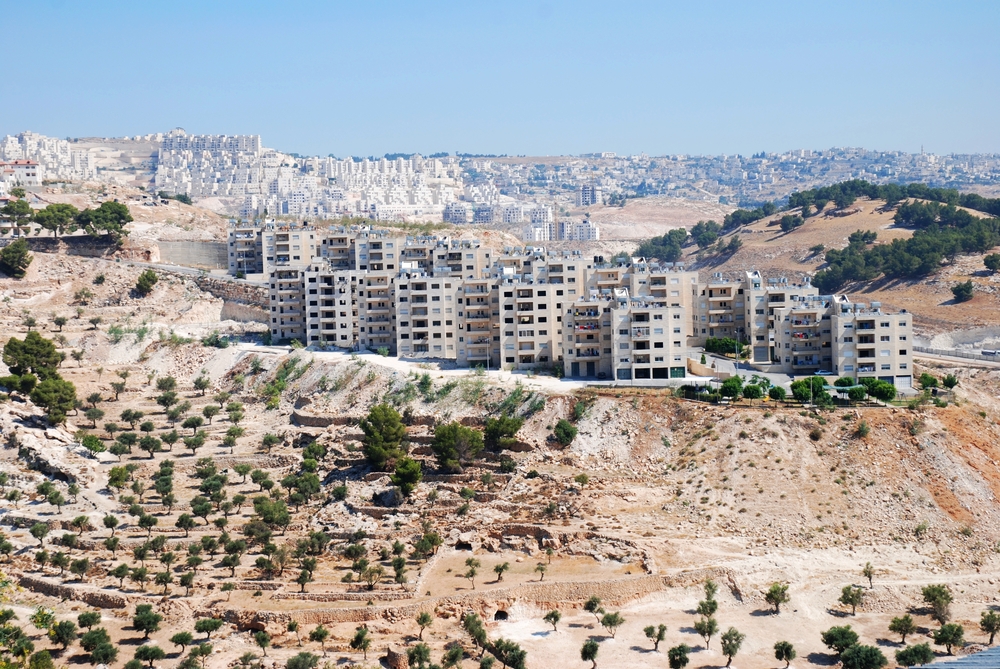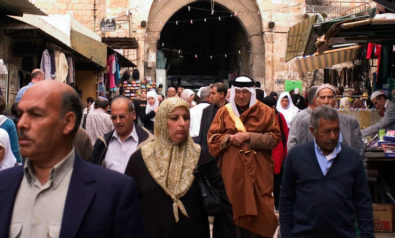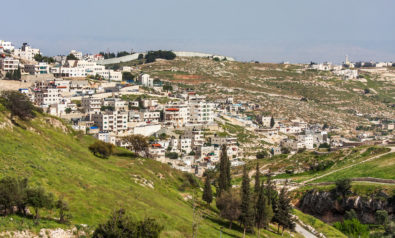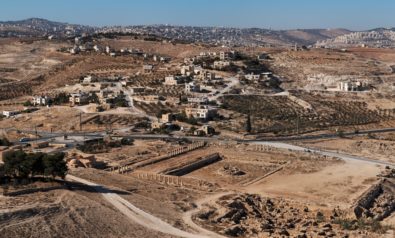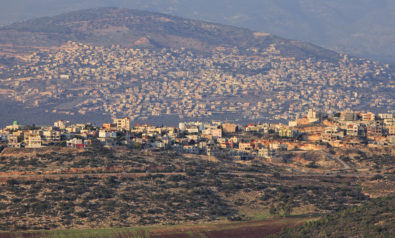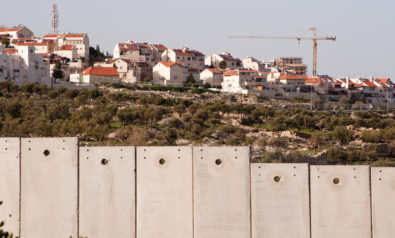Israeli settlements on Palestinian territory are one of the most crucial issues in the conflict.
Background
Immigration, population transfer and the control of land have been core issues of the Israeli-Palestinian conflict since the arrival of the first Zionist settlers in the late 1800s. Zionism, spearheaded by figures such as Theodor Herzl, sought to answer the “Jewish Question” through the creation of a Jewish state, and chose Mandatory Palestine as the site for this nationalist project.
Throughout the first half of the 20th century, immigration contributed to an exponential increase of the Jewish minority in Palestine, from less than 10% in 1880 to approximately 30% in 1946. These new communities began to acquire land from Arabs, and records indicate that both purchase and coercion were used to attain this end; however, this history remains contested. This period led up to the “War of Independence” — referred to as the nakba (catastrophe) by Palestinians — which established the State of Israel in 1948.
At this point, the new Israeli state gained control of 78% of Mandatory Palestine, while Trans-Jordan and Egypt took on the administration of the remaining land. During the Six-Day War in June 1967, Israel gained control of the remainder of the territories. The sustained Israeli military presence in the West Bank, East Jerusalem and, up until 2005, in the Gaza Strip, is considered by the majority of the international community to be an illegal occupation.
Several United Nations Security Council resolutions, including 446, 452, 465, 471 and 476, have found Israeli settlements in the occupied territories to be illegal, stating that the Fourth Geneva Convention applies to this situation. Article 49 of the convention states: “[The] Occupying Power shall not deport or transfer parts of its own civilian population into the territory it occupies.” Other organs of the United Nations such as the General Assembly, Human Rights Council and the International Court of Justice have also declared the settlements as illegal.
Israel has disputed the assertion that the West Bank and East Jerusalem can actually be considered occupied territories because they were not part of a legitimate sovereign state before 1967. Thus, it argues that the Fourth Geneva Convention does not apply to these disputed territories, which renders the settlements legal.
Contemporary discussions on the issue of “settlements” refer to the construction of Jewish-Israeli homes on Palestinian land that has taken place since 1967. Since the end of the Six-Day War, the population of Jewish settlers on the Palestinian side of the “Green Line” — the demarcation between Israel proper and the Palestinian Territories — has grown steadily.
Currently, over 500,000 Israeli settlers reside in the West Bank and East Jerusalem, and these numbers continue to rise. There are over 120 “official” settlements in the West Bank, along with approximately 100 unofficial but governmentally serviced “outposts.” Additionally, 14 official settlements are located in East Jerusalem, while 17 settlements in Gaza were dismantled in 2005.
Settlements range in size from a small cluster of homes to towns of up to 40,000 inhabitants. In addition to the land required for construction, a swath of surrounding land is often established as a “security buffer,” accompanied by defensive features such as walls and military checkpoints.
In 2013, the United Nations Geneva Convention declared Israeli settlements to be “a creeping annexation that prevents the establishment of a contiguous and viable Palestinian state and undermines the right of the Palestinian people to self-determination.” The Israeli government denounced this criticism as “biased.”
Some Israeli settlers are motivated to move to settlements for religious reasons, believing “Greater Israel” to be the divine destiny of the Jewish people. Others are drawn for more practical reasons, including government-subsidized housing and education as well as economic opportunities.
Why are Israeli Settlements Relevant?
Contention over Israeli settlements has often brought peace talks to a standstill. Palestinians argue that the expansion of settlements make a realistic discussion of a two-state solution impossible by unilaterally changing facts on the ground.
In recent years, Israeli Prime Minister Binyamin Netanyahu has experienced repeated conflict with the Obama administration over the issue of settlement expansion. Despite this, construction has continued to rise, as the Israeli statistics bureau reports that the number of new settlement units more than doubled between 2012 and 2013 to reach a 13-year high.
In response to the most recent announcements of expansion, US President Barack Obama expressed his concern over Israel’s “most aggressive settlement policy in years,” which he previously said did not “advance the cause of peace.” In contrast, Netanyahu and his allies argue that settlements are not an impediment to peace.
The issue of a potential two-state solution also raises concerns for Israeli settlements already in place. Many argue that the multitude of existing settlements is an obstacle to any viable Palestinian state, a sentiment with alarming implications for settlers and their supporters. They worry that a final solution would require the dismantling of settler homes and neighborhoods, and for many this possibility is a non-starter.
Proposed compromises have included a “land swap,” which would allow Israel to annex some of the larger settlements while compensating Palestinians’ corresponding land elsewhere. Netanyahu has insisted there will be “no act of evacuation” of West Bank settlements and that “no Israeli will be abandoned,” even while admitting that there would perhaps be a limited number of settlements left out of Israeli territory.
Obama has continued to urge for a compromise, while Palestinian Authority Chairman Mahmoud Abbas has accused the Israeli government of using the peace talks as coverage for sustained expansion of settlements.
In this atmosphere of tension, settlements continue to weigh heavily on any consideration over the future of Israel and Palestine.
For more than 10 years, Fair Observer has been free, fair and independent. No billionaire owns us, no advertisers control us. We are a reader-supported nonprofit. Unlike many other publications, we keep our content free for readers regardless of where they live or whether they can afford to pay. We have no paywalls and no ads.
In the post-truth era of fake news, echo chambers and filter bubbles, we publish a plurality of perspectives from around the world. Anyone can publish with us, but everyone goes through a rigorous editorial process. So, you get fact-checked, well-reasoned content instead of noise.
We publish 2,500+ voices from 90+ countries. We also conduct education and training programs on subjects ranging from digital media and journalism to writing and critical thinking. This doesn’t come cheap. Servers, editors, trainers and web developers cost money.
Please consider supporting us on a regular basis as a recurring donor or a sustaining member.
Support Fair Observer
We rely on your support for our independence, diversity and quality.
Will you support FO’s journalism?
We rely on your support for our independence, diversity and quality.

